In 2020, the pandemic forced the entire industry to look for digital solutions and turn to virtual conferences. There was no room for any frills, just the bare necessities to quickly execute a virtual event – with production value and attendee experience the last thing on anyone’s mind.
With virtual events becoming our new norm and as fatigue for such events begin creeping in, requirements have changed. To stand out from the pack, planners need to find ways to deliver unique attendee experiences again – just as they have done so in the past for physical events.
Finding a compatible virtual event platform for planners’ events isn’t merely just a fad anymore – it is a necessity. With a myriad of platforms available, here are some key elements to consider when evaluating which virtual event platforms to go for.
Event Experience
There isn’t a one-size fits all solution when it comes to platforms – as different platforms will have their individual strengths. Therefore, you must consider the type of experience you want your attendees to have before deciding on your platform. Is your event going to be informative or interactive? If it is the latter, you will need a platform that has robust engagement tools to handle interactive elements.
What Are Your Must-Have Features
Once your event goals have been established, you can systematically determine which virtual event tools and features will help you achieve those goals.
Each platform has different offerings, so it’s important to understand what features you need for your specific event goals. There are many aspects to consider, from registration management to an event website to data analytics capabilities. Here are some common features to get you started:
- Registration and ticketing
- Event Website
- Event App
- Event promotion
- Sponsor/Speaker management
- Agenda Builder
- Networking and attendee engagement
- Data analytics
- Integrations
- Virtual Production Services
What should you look for in a virtual event platform?
User Friendly
While it is nice to have a platform with nifty, interactive features, it is equally important to own a platform that is easy for the attendees to navigate. It is imperative that the users of the platform have a positive experience with it – that includes your event speakers, sponsors, and perhaps other partners.
When it comes to virtual events, user experience is critical in elevating your audience’s overall event experience.
Future-Proof
Ensure that your platform is one that can adapt to whatever situations the future might entail. Known as “future-proofing”, ensuring your platform is ready for something like a hybrid event would be a good example of this – as it ensures that your company is able to support both live and virtual event experiences.
Customisation
To ensure that your event is able to distinguish itself from other virtual events, it is necessary for you to find a platform that allows you to customise the overall appearance and user experience. Your platform is afterall an extension and representation of your brand – if your attendees don’t immediately recognize your brand at the event portal, it may potentially cause attendance drop off due to confusion. So make sure to look for a virtual event platform that allows your company to showcase its brand.
End-To-End Solution
Invest in a platform that possesses features that are all connected to ensure optimal efficiency. Find a platform that can seamlessly integrate any other systems you are already using so that you don’t need to learn a new system.
Choosing an end-to-end platform will ensure it works effectively for you – providing you the space and time to focus on planning out your event strategy.
Customer Service
Finally, take note to choose a platform with reliable support staff who you can count on throughout your event process. Event planners know that all events – be it live or online – will experience bumps where things might go wrong. Problems in the virtual space are especially magnified since the events are dependent on technology, so it is crucial to have a platform provider that has a plan to troubleshoot any potential crisis.
You will be spending plenty of time with your vendor – from demos and onboarding to troubleshooting and support during the actual event – so make certain that you pick an attentive vendor that is willing to support you in creating a successful event. Your provider shouldn’t just be available in the beginning when you are signing up for their platform, they should be available to support you anytime you need assistance.


